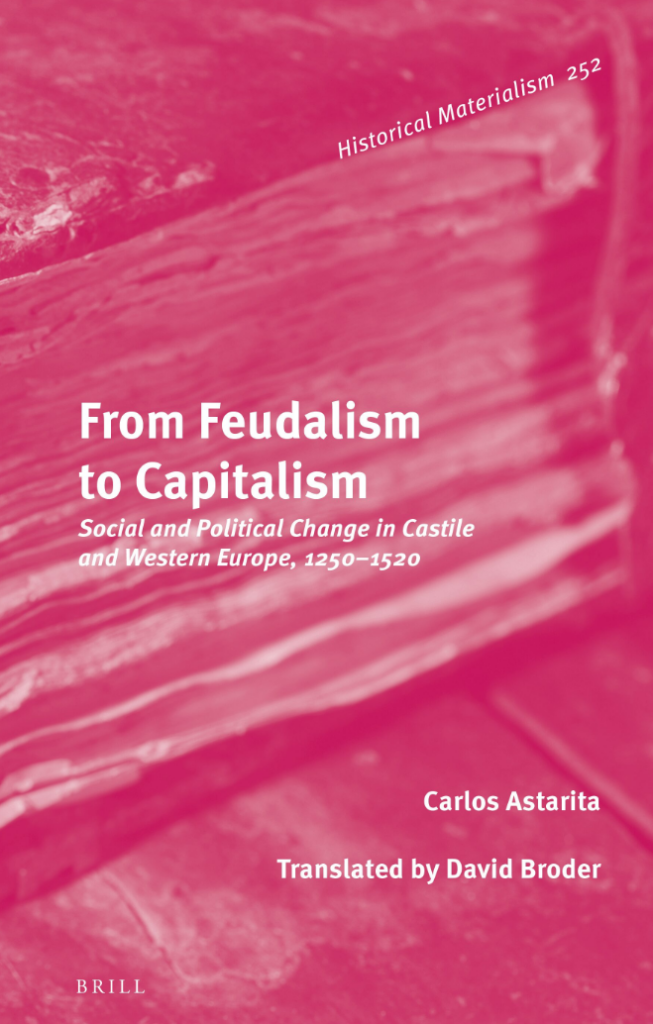Carlos Astarita
Biographical Note
Readership
Historians of capitalism, Marxist scholars, those interested in the origins of capitalism debate, economic historians of Spain and Italy, state theorists.
Table of Contents
Introduction
1 The Studies Included in This Volume
2 From Feudalism to Capitalism
3 On Method
4 On Exposition
5 On the Past and the Present
1 The Commoner Knights
1 Introduction
2 Hypothesis
3 Economically Free Property
4 Small and Middling Property
5 Labour Relations in Direct Exploitation
6 The Problem of Jurisdiction and Complementary Benefits
7 Ranch Exploitation and Productive Space
8 The Régime of Simple Commodity Production
9 The Exceptions to the Rule
10 Conclusions
2 Categories of the State
1 The Modern Capitalist State
2 The Question of the Origins of the Modern State
3 The Feudal State
1 Posing the Problem
2 Objections to Perry Anderson’s Thesis, when Applied to Castile
3 Regional and Historical Differentiation
4 Social and Political Bloc
5 The caballería villana and Social Status
6 The Relative Independence of the State
7 The Dynamic of the Constitution of the Ruling Social Bloc
8 The Lack of any Single Model of Centralisation
9 Conclusions
4 The Procuradores Pecheros
1 Introduction
2 The Role of the Taxpayer Élite
3 Tributary Elites’ Role in Systemic Conflicts
4 Aspects of Taxpayers’ Social Organisation
5 The Taxpayer Élite as a Translation of Social Realities
6 Conclusion
5 Rural Domestic Industry
1 The Feudal Dynamic and Proletarianisation
2 The Textile Lord
3 Coexistence between Feudalism and Rural Industry
4 Understanding the Totality
6 Class Consciousness
1 Introduction
2 Practical Evidence
3 The Theory of Class Consciousness
4 The Problem of Consent
5 The Theoretical Problem of Reproductive Behaviour
6 Final Considerations
7 Asymmetrical Trade in the Feudal System and in the Early Transition to Capitalism
1 Trade in the Feudal System
2 Trade in the Early Transition to Capitalism
8 Sicily, Tuscany, Castile
1 Introduction
2 The Model Inherited
3 Feudal Exchange
4 The Conditions of the Birth of the Putting-Out System, According to Epstein
5 The Origin of the Putting-Out System in Castile
6 Historical and Conceptual Differences
7 Unequal Exchange in the Early Transition to Capitalism
Bibliography
Index

